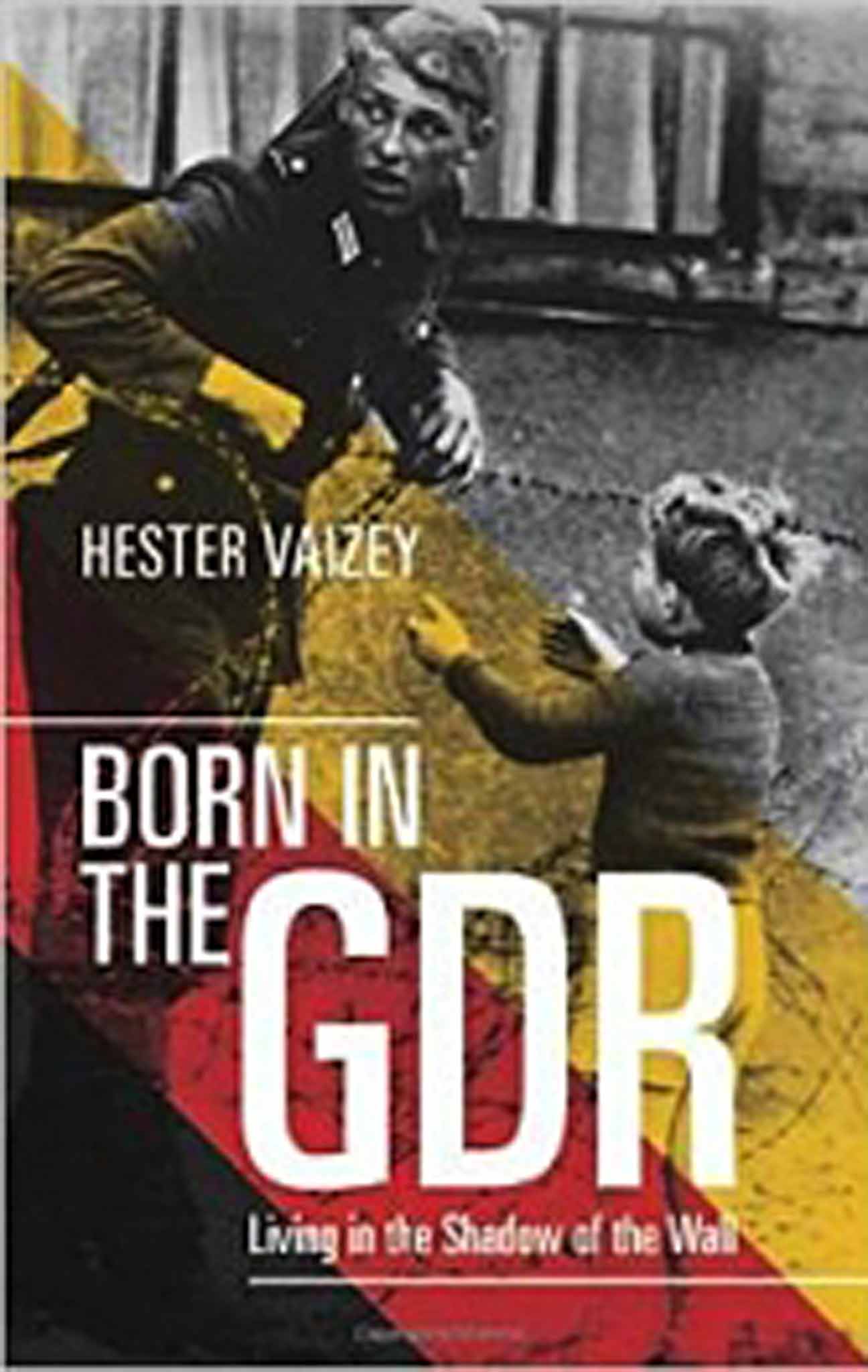Born in the GDR: Living in the Shadow of the Wall by Hester Vaizey - book review: No room for Ostalgie in these compelling accounts

“What more does a child need?” asks Peggy, 10 years old when the Wall fell, as she looks back on her “best family holiday” in a forest near a lake, providing “a change of scene, nice weather, and parents with spare time”. Ostalgie (a rose-tinted look back at GDR life), or childhood memories as simple and real as yours or mine? Peggy is one of eight “children of the GDR”, whose accounts were gathered in a fascinating act of fieldwork, and presented as evidence of the way “one central event” – the fall of the Berlin Wall 25 years ago – “affects everyone but is felt differently in each life.”
Hester Vaizey’s is the sort of scholarship I relish: detailed, plentiful new material to satisfy historians and sociologists, but respectful too of a more general readership, one interested in being reminded of how exactly the GDR came into being, how its school pupils were rigorously encouraged to regard the West as a den of vice, those same students later becoming aware of different hues of interpretation as teenagers.
It covers Willy Brandt’s 1970s Ostpolitik (his attempt at rapprochement) and Mikhail Gorbachev’s reforming principles of Glasnost and Perestroika, their momentum in Poland and Hungary, and the intensifying of the 1989 Monday Demonstrations in Leipzig and Berlin organised within churches, relatively “free” after the 1978 Concordat, a forum for debate on freedom of speech, the state of the environment, the militarisation of East Germany, and desire for a reform of socialism reflecting the ideals many held – in other words “reform from within”. Few, if any, of those demonstrating, Vaizey observes, the thought that German reunification was on the cards.
The eight accounts, each by East Germans born after the Berlin Wall was built in 1961, are powerful testimonials, all the more so for being left largely unadorned. We hear of those for whom the predictability of life in the East was impossibly claustrophobic; those psychologically scarred by the Stasi; those satisfied by travels in the Eastern Bloc countries; those who felt fear when the Wall fell; those who embraced the sense of the world being one’s oyster; others alienated by consumerism and “cold capitalism”.
Vaizey’s study invites and compels us to regard the end of the GDR and the transitional years through a differentiated and nuanced lens. The truth for many lies somewhere between the depictions in The Lives of Others and Good Bye Lenin!, “Ostalgie” is a concept too often misunderstood, and even in a state often referred to as “Germany’s second dictatorship”, memory remains fascinatingly individual.
Join our commenting forum
Join thought-provoking conversations, follow other Independent readers and see their replies
Comments